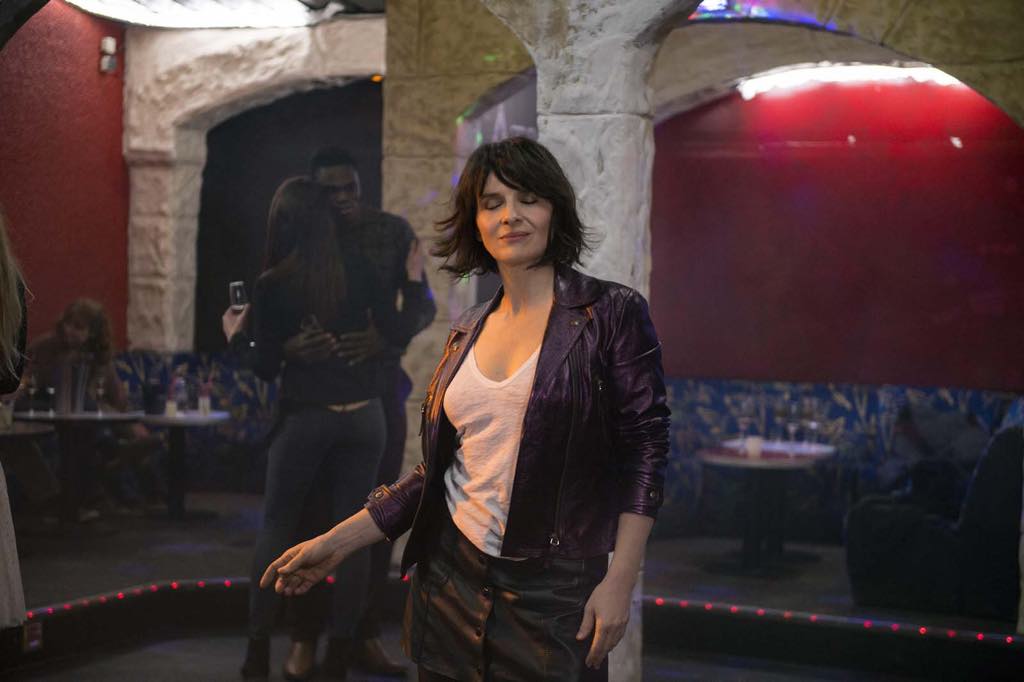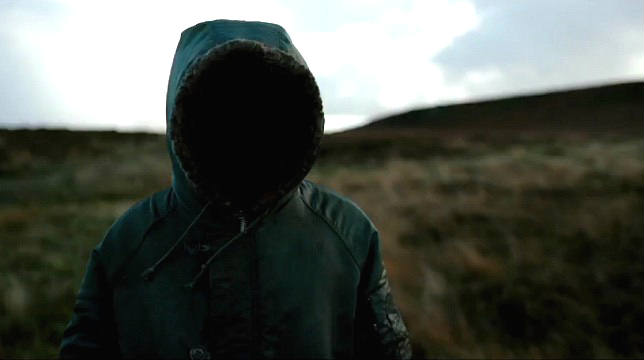The title of German director Valeria Grisebach’s Western (***, 12A, 121 mins) sets up
certain expectations: big-sky panoramas of the Old Country, adventures in the
great outdoors, almost certainly involving horses, and most likely men doing
whatever men have traditionally gotta (or had to) do. Grisebach delivers on
some of these elements – a white stallion features prominently – but her
backdrop isn’t Monument Valley, rather a quarry in the Bulgarian countryside,
site of a growing conflict between German construction workers and the locals
over whose land they’re trampling. This, then, is a western for the
globalisation age, fraught with those tribal tensions presently visible across the
New World and Europe entire.
Initially, British viewers may be reminded less of
John Wayne than Jimmy Nail in 80s TV hit Auf
Wiedersehen Pet. Amid a blazing summer, a crew of grizzled souls – men who
might seem terribly solitary, if it weren’t for one another – set up camp on
this small scrap of foreign territory, raising the German tricolour high as
practically their first act. Though some – like hangdog ex-legionnaire Meinhard
(the aptly named Meinhard Neumann) – make fumbling efforts to build bridges
with their neighbours, others are rowdier and less amenable. Revving his engine
in the town square after midnight, one brickie mutters “Now they know we’re
here”; a colleague chips in with the unsettling “It only took 70 years”.
The film is documentary-like in its observance of
these men, nudging its non-professional actors into conversations and other
projects besides. Meinhard enters a card game that roughly equates to all those
pre-shootout saloon-bar scenes; when he admits a mistake, one local exclaims
“Look, a German is finally apologising!”, and the camaraderie is unmistakable.
Yet others are spied reaching out – for wine, or women – in ways that might
well seem invasive. There’s an edge to these interactions one wouldn’t get from
casting RADA grads as cowpokes; we wonder just how close these attitudes are to
the performers, and whether an assistant director had to break up any
non-choreographed donnybrooks.
The approach demands patience. We’re feeling these
characters out as surely as they’re feeling each other out, and the fact Western never quite takes the shape one
expects suggests Grisebach intends it as a model of open-minded cooperation
rather than the cautionary tale it might have been, a kind of cinéma sans frontières. Yet the slowburn
technique has a notable dramatic effect: the longer Meinhard extends his hand,
the more wounding the sock in the gut whenever his countrymen breach the
fragile peace. Given the inflamed rashness of the planet, a little extra
context and perspective cannot hurt – and what better way to analyse the state
we’re in than through the framework of the most morally instructive of genres?
Western opens in selected cinemas from today.







